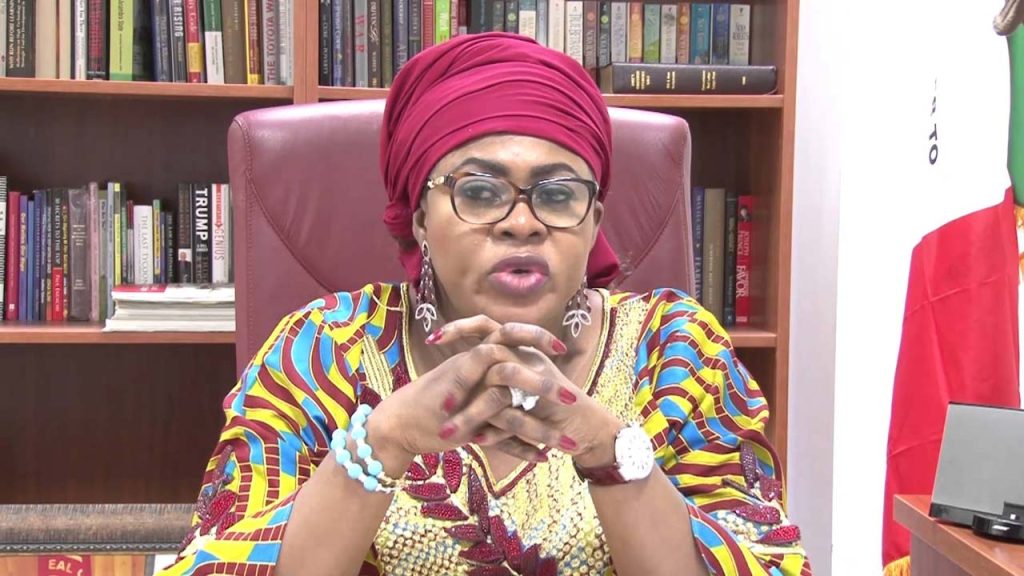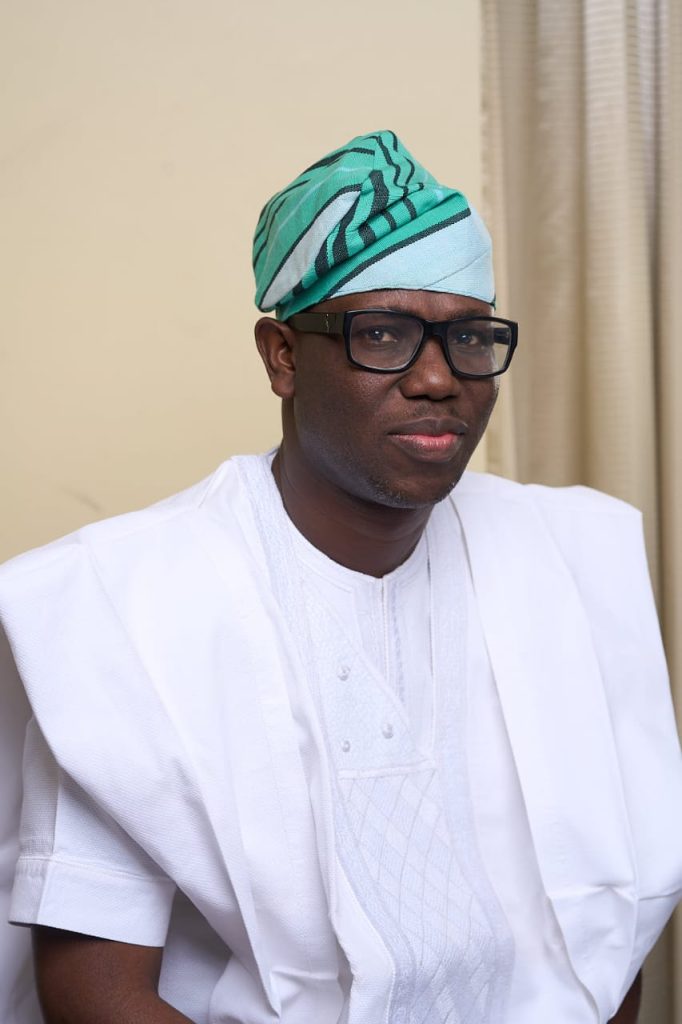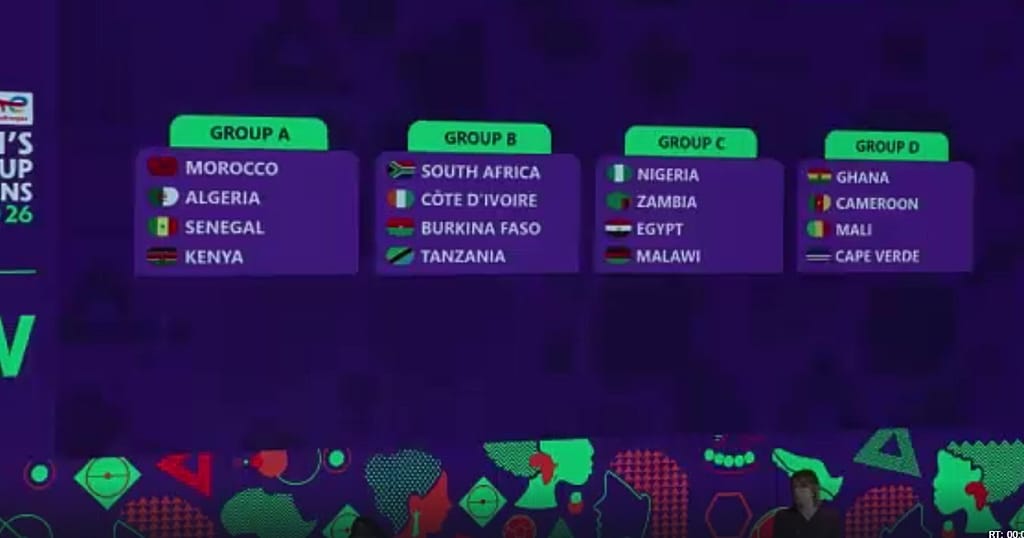A public debate over cultural identity and ownership in Nigeria’s commercial hub, Lagos, has intensified following controversial remarks by musician Charles Oputa, known as Charly Boy, and a sharp rebuttal from government spokesperson Lere Olayinka. The dispute emerged after local authorities renamed a Lagos bus stop, sparking reactions that highlight deeper tensions over the city’s heritage and governance.
The Bariga Local Council Development Area recently renamed a well-known bus stop previously linked to Charly Boy, replacing it with “Olamide Baddo” in honor of popular Nigerian rapper Olamide Adedeji. Charly Boy, a longstanding figure in Nigeria’s entertainment scene, criticized the decision, asserting that “Lagos is a no man’s land” and likening the cosmopolitan city to New York’s multicultural identity. His comments, made on social media, argued against ethnic or cultural exclusivity in the metropolis, which is home to diverse communities from across Nigeria and beyond.
The statement drew a pointed response from Lere Olayinka, Senior Special Assistant on Public Communications to Nigeria’s Federal Capital Territory Minister, Nyesom Wike. Olayinka challenged Charly Boy’s characterization of Lagos as stateless, sarcastically urging the musician to vie for traditional leadership roles in the city. On the platform X, formerly Twitter, he listed Yoruba monarchies such as the Oba of Lagos, Osolo of Isolo, and Elegushi of Ikate, suggesting that if Lagos truly belonged to “no one,” Charly Boy should contest these historically rooted titles. “Sebi all these traditional titles are in your own language, not Yoruba,” Olayinka added, emphasizing the cultural heritage tied to the region’s indigenous governance systems.
The exchange underscores recurring debates about Lagos’s identity as a melting pot versus its historical roots as a Yoruba homeland, a sensitive topic in Nigeria’s sociopolitical landscape. While the city’s rapid growth has attracted residents from various ethnicities, traditional institutions remain central to local governance and cultural preservation. Renaming public spaces, particularly after contemporary figures like Olamide—a Yoruba artist—has reignited discussions about representation and whose legacies are memorialized in urban landmarks.
Lagos, Nigeria’s most populous city, has long grappled with balancing its role as a national economic hub with the preservation of regional traditions. The bus stop controversy reflects broader questions about inclusivity, historical acknowledgment, and the power dynamics between local governments, cultural custodians, and newer residents. As the discourse unfolds online, it highlights the intersection of modern celebrity influence, political communication, and age-old communal identities in shaping public space narratives.



